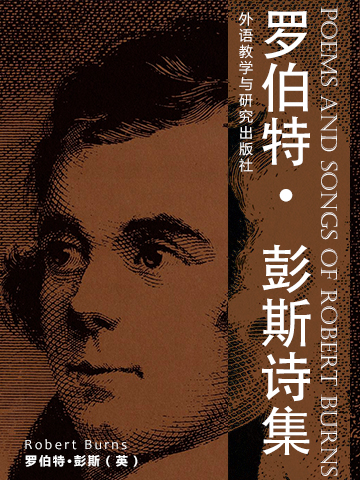The Poetry of Burns' is characterised by its disarming honesty and humanity, and by the poet's remarkable lyric gift. Angry or compassionate,sentimental or satirical, romantic or bawdy, Burns's poetry transcends the Scottish dialect in which it is written to speak to all of us.
彭斯诗歌的特色之一是苏格兰方言与诗歌的音乐性,他的作品在韵律、形象、看事看人的角度及至根本的思想感情上都是苏格兰本色的。彭斯的诗来自生活经验,而诗又反过来成为他生活的最好记录:他生活在破产的农村,和贫苦的农民血肉相连,因此他的诗歌歌颂故国家乡的秀美,抒写劳动者纯朴的友谊和爱情;同时因为他生于苏格兰民族面临被异族征服的时代,他的诗歌中又不乏激进的民主、自由思想。
Burns' poetry falls into two main groups: English and Scottish. His English poems are, for the most part, inferior specimens of conventional eighteenth-century verse. But in Scottish poetry he achieved triumphs of a quite extraordinary kind. Since the time of the Reformation and the union of the crowns of England and Scotland, the Scots dialect had largely fallen into disuse as a medium for dignified writing. Shortly before Burns' time,however, Allan Ramsay and Robert Fergusson had been the leading figures in a revival of the vernacular, and Burns received from them a national tradition which he succeeded in carrying to its highest pitch, becoming thereby, to an almost unique degree, the poet of his people.
- Preface
- 1771—1779
- 1780
- 1781
- 1782
- 1783
- 1784
- 1785
- 1786
- 1787
- 1788
- 1789
- 1790
- 1791
- 1792
- 1793
- 1794
- 1795
- 1796
- Glossary
- 书评 写书评
- 笔记
-
书评加载中...













 京公网安备 11010802032529号
京公网安备 11010802032529号
笔记加载中...